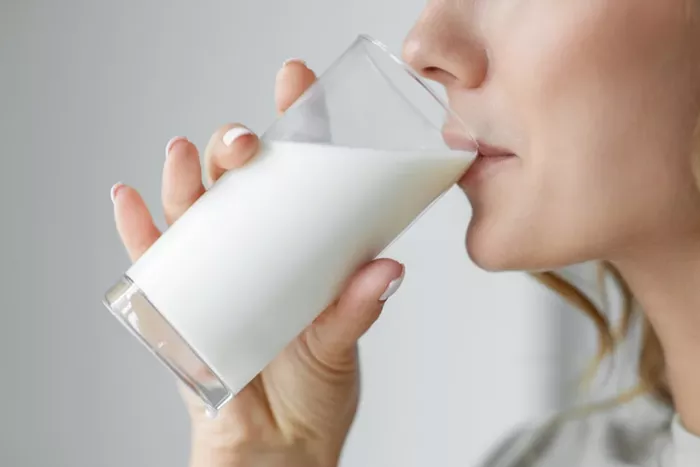Experts are expressing concern that the increasing demand for plant-based milks like oat, soy, and almond is contributing to a rise in vitamin deficiencies. As these dairy alternatives grow in popularity due to the rise of veganism and heightened environmental awareness, their nutritional shortfalls compared to cow’s milk are becoming apparent.
Rise in Vitamin Deficiency Cases
According to NHS data, hospital admissions for vitamin deficiency in England have nearly tripled over the past decade, from 293,000 in 2013-14 to 824,000 in 2022-23. While food poverty and rising costs are significant factors, doctors also point to the trend of plant-based diets as a contributing cause.
Professor Keith Godfrey of Southampton University emphasizes the impact of reduced cow’s milk consumption. “Cow’s milk is a good source of many vitamins, but a lot has been replaced by almond milk and soya milk, and their nutritional content is nothing like that of cow’s milk,” he told The Times.
Nutritional Gaps in Plant-Based Milks
Compared to cow’s milk, plant-based milks often lack essential nutrients such as protein, vitamins B2 and B12, iron, magnesium, and iodine. Vitamin B12, crucial for preventing deficiency, occurs naturally only in animal products. Prof. Godfrey notes that while full-time vegans are typically aware of their dietary needs, casual consumers of plant-based milks may be unaware of these nutrient gaps.
“We inescapably have to move towards more plant-based diets because of the threat of climate change,” Prof. Godfrey said. “But that is going to bring challenges in relation to vitamins and minerals where animal products are dominant sources.”
Study Highlights Nutrient Shortfalls
In a study involving 1,700 women in Britain, New Zealand, and Singapore trying to conceive, Prof. Godfrey found that the majority had insufficient levels of essential vitamins such as folate (vitamin B9), B2, B12, and D. The study, published in PLOS Medicine, highlighted that over 90% of otherwise healthy women of reproductive age had low or marginal levels of these vitamins.
“Hospital admissions are the tip of the iceberg,” he noted. “If you comprehensively test people, many have deficiencies that go unnoticed.”
Popularity of Plant-Based Milks in the UK
The popularity of plant-based milks in the UK is evident, with Britain having the highest sales of non-dairy alternatives in Europe, according to Starbucks. In 2020, Britons spent an estimated £146 million on oat milk, up from £74 million in 2019. Almond milk also saw an increase, rising from £96 million in 2019 to £105 million in 2020. Overall, plant-based milk sales reached £394 million, a 32% increase from 2019, while cow’s milk sales were estimated at £3.2 billion.
As the trend towards plant-based diets continues, it is crucial for individuals to be aware of potential nutrient deficiencies and take steps to ensure they maintain a balanced diet.
[inline_related_posts title=”You Might Be Interested In” title_align=”left” style=”list” number=”6″ align=”none” ids=”10350,10347,10344″ by=”categories” orderby=”rand” order=”DESC” hide_thumb=”no” thumb_right=”no” views=”no” date=”yes” grid_columns=”2″ post_type=”” tax=””]


































